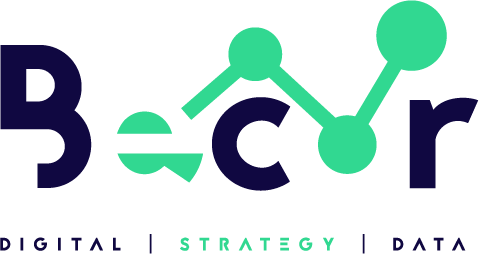In 2018 we saw a lot of new things, that actually revolutionized mobile technology in ways we could never even think of. It was an interesting year for the Android ecosystem. 2019 is going to be more interesting as the mobile manufacturers are not yet ready to put a stop to these innovations. Let’s take a look at what could be the possible new trends in 2019 for Android.
Voice Search
Voice control in mobile applications is turning into another UI that we have to think about when planning and creating applications. It gives plenty of credible outcomes that are still to be found.
We would all be able to concur that conversing with your phones still feels unnatural and clients need to become acclimated to it. This innovation is somewhat similar to video calls: they are extraordinary and it’s staggering that you can see your family and companions from another part of the world, however, you don’t make use of it generally and all the time. When planning to design voice controls in applications we additionally need to recollect about different methods for interactions, such as composing or choosing things on a touch screen.
Assistants
Assistants are becoming increasingly prevalent. We can see that each huge player has one (Siri, Google Assistant, Bixby, Alexa, Cortana), yet in addition that assistant features are being executed inside the applications like chatbots. We can see that the increasing fame of Assistants will make another ecosystem system of applications that are developed for a particular assistant. The initial phase toward this path is “Actions” and “Slices” presented at Google I/O, which empower applications to incorporate with Assistant legitimately on the gadget. You can say “Hey Google, book me a taxi” and the assistant will send data to the right application on your device. We foresee that most of the applications will even now have a customary interface, however, to stay in this game they will likewise need to include the assistant integrations.
Chatbots
One can treat the Chatbots like small assistants inside the apps. Thanks to solutions like DialogFlow that allows us to coherently add chat flows to the apps with very less coding. This can turn out to be an amazing solution for customer service included in the apps, while opening new ways of communicating with users, like in the “Shine” app featured in the App Store. There are many more apps that have chatbots integrated into them.
Chatbots have made life very easy in communication without the real customer representative being present. You ask your questions and get instant answers from these Chatbots. There are many expectations from Chatbots in 2019 and you will see many new things happening.
Google’s architecture guidelines
Finally, Google breaks its silence and issues its architecture guidelines for building the best Android apps. Android developers aren’t forced to use and apply the Android architecture components, it’s a good starting point to build stable apps. The time for arguing on which pattern is best for Android – MVC, MVP, MVVM or something else – is gone. We can rely on the solutions from Google as they are suitable for the majority of apps. Resulting in having more stable apps and less confusion in the developer community.
Instant apps, PWA and modularisation
We install a lot of apps on our devices for various reasons but out of them, we tend to use only a few of them on a regular basis. With the growing popularity of IoT devices in smart cities, on-demand apps will be used much more often. Most of these apps will have some of their functionality integrated into the Instant app modules. Full functionality will be available after installation. Progressive Web Apps will gain more popularity this year, especially in e-commerce.
Async APIs
After the discussion going on for years among developers about how to accurately perform multithreading on Android, and problems with other tools like AsyncTask or EventBus, there is now a stable solution seconding developers in secure multithreading management. Currently, developers have a choice between RxJava, Kotlin Coroutines or Android LiveData. This somehow raises the question that “Which technology is the best?” Android developers know their benefits and are aware that each of them is mature and stable solutions that support developers in writing clean code.
Multiplatform and Hybrid Solutions
React Native was the beginning of hybrid apps that enable you to share code between different platforms. This has tempted many companies and led them to try this. Other promising and worth watching solutions are Flutter from Google and Kotlin Native. Each of them is designed for a different use case, but the idea of code sharing is evolving and we can expect maturity in the coming years.
Machine Learning (ML)
In 2017 Google shifted from a mobile-first strategy to the AI. The results of this shift can be seen in the increasing popularity of Tensorflow and the introduction of MLKit & its features. Where making basic models have become quite simple on the other hand making intelligent apps is no rocket science. All thanks to Google’s strategy because of which people are more aware of the potentialities of using ML for mobile app development.
Augmented Reality
In 2019 you will see many companies investing in the AR technologies, but does everyone actually know how to bring value to the users using it. At the moment AR is a very cool technology for games and headset apps. It has tremendous potential, but someone will have to figure out how to make this technology seamless for use or it’s going to be used for entertainment.
Summary
The upcoming year will be very interesting for Android app development company. We can witness a lot of new innovations emerging that will develop the future of mobile app development. Developers need to stay updated with the new changes and advancements along with learning how to execute them in the new or the current developments.
